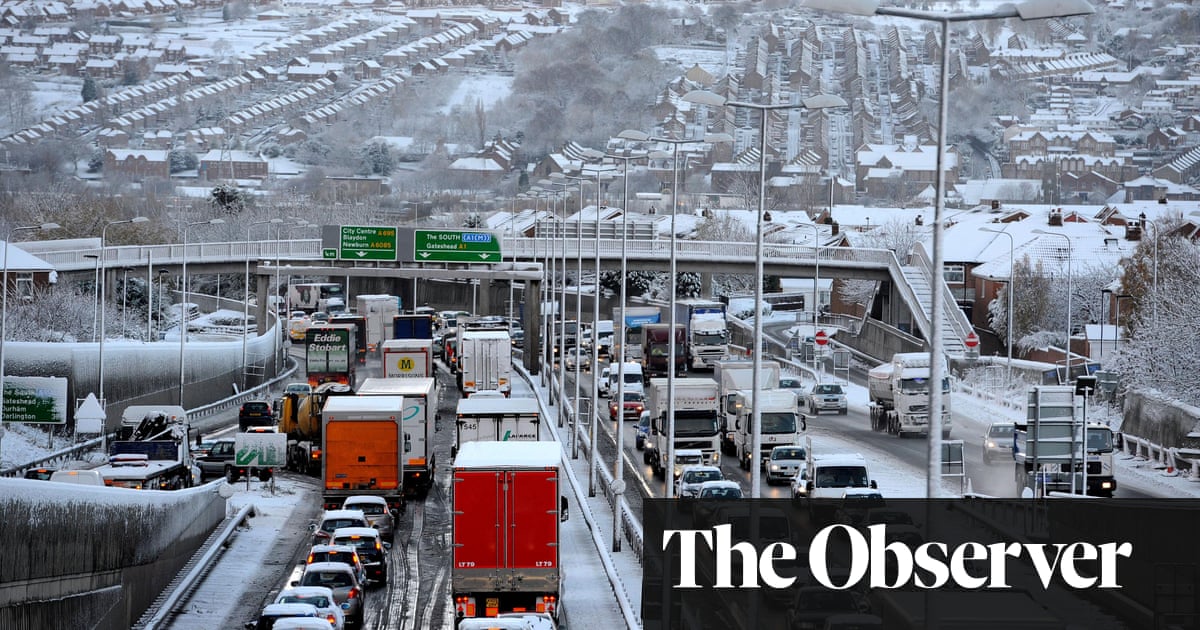The challenges of reaching net zero emissions are often discussed, but little attention is given to the gains from living in a low-carbon future. Less fossil-fuel combustion means less air pollution, and if the changes are done correctly, net zero could result in homes that are easier to keep warm and a healthier population from walking and cycling every day.
A study has looked at air pollution and the health benefits from net zero changes to our homes, our vehicles and the ways we travel.
First the researchers predicted the air pollution changes resulting from the UK’s sixth carbon budget, which factors in the speed at which technologies can be scaled up and rolled out.
By 2030, just over half of our homes would be well insulated with smart-heating controls. Large-scale biomass and wood burning is no longer expected to play a significant role in reaching net zero, with domestic use superseded by heat pumps, district heat networks and some use of hydrogen. One in 10 homes will be using these heating systems by 2030. In addition to an increase in electric vehicles and more rural buses, by 2030 active travel, mainly cycling and e-biking, will have offset up to 10% of the predicted growth in road transport.
The researchers calculated the cost benefits of fewer children with asthma, reduced cases of lung cancer, stroke and heart attacks as well as fewer people with dementia. This included lost productivity from illness and time off work looking after sick children.
Due to problems controlling diesel exhaust, we tend to think of traffic as the biggest polluter, but net zero changes to buildings were found to be three times more effective at reducing particle pollution than net zero transport plans. By 2050, air pollution health benefits from net zero changes to the building sector would amount to £21bn, while those from road transport would be £9.1bn. All these gains would be even greater if the affects of nitrogen dioxide reduction were included.
Dr Sean Beevers from Imperial College London, who led the study, said: “Net zero transport changes are forecast to pay for themselves through lower costs over the life cycle, with greenhouse gas and air pollution benefits improving things further. The economic benefits of reducing air pollution plays a greater role in justifying net zero polices for the buildings sector, benefits that would be even greater if indoor air pollution was considered too.”
Phasing out gas cooking provides more gains, especially in homes with improved draught-proofing, and these gains were greater than those from controlling some types of outdoor pollution.
Low-income areas in the UK have persistently greater air pollution. This gap could be closed through early net zero investments for families in fuel poverty, for those in social housing and the private rented sector, and in areas with the greatest deprivation.
Prof Christian Brand of the University of Oxford, who was part of the research team, said: “Swapping just 5-7% of car journeys for e-biking, cycling or walking by 2030 could add 1.1m years of healthy life by 2050. These benefits come from getting people more active, especially in areas where walking and cycling are less common. What’s more, the biggest gains are seen in disadvantaged communities, helping to reduce health inequalities while cutting carbon emissions.”

 3 months ago
73
3 months ago
73













































